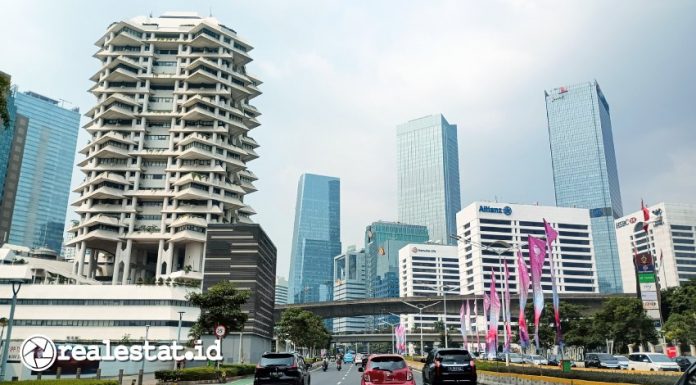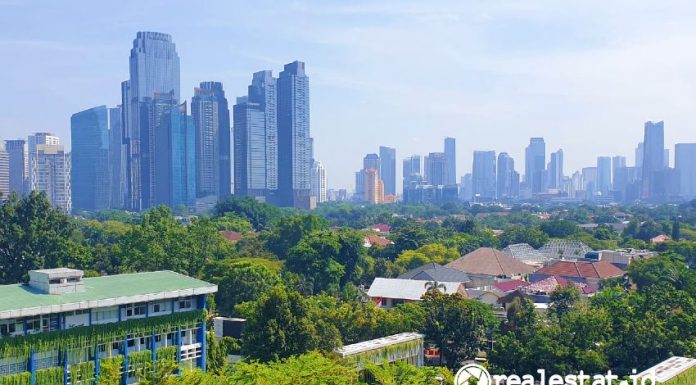RealEstat.id (Jakarta) – As the 2024 general election approaches, it invariably creates an atmosphere of uncertainty, especially with the proliferation of news filled with debates among political parties, future policy plans, and pledges from presidential candidates.
Ferry Salanto, Head of Research at Colliers Indonesia mentioned that the concerns about the pre-election uncertainty also have an impact on the property market.
With just a few months remaining until Indonesia's democratic celebrations bring forth a new government, he added, investors and property buyers tend to postpone their business decisions.
"While 2024 election outcomes don't determine the property market's fate, they do influence overall market sentiment. Following the 2024 election, property buyers are expected to resume activity and revitalize the market,” Ferry Salanto explained.
Read More: How to Buy Property in Indonesia: A Foreigner's Guide
Office Sector
Overall, concerns about the potential for political instability have relatively little impact on the office sector. Among office property owners or developers, the primary concern lies in whether the election results will affect regulatory changes, particularly those related to ongoing construction projects.
Typically, business players tend to adopt a 'wait and see' approach or ensure that construction projects proceed smoothly, making decisions promptly once there is certainty from the general election results.
Industrial Sector
Investors and companies are actively accelerating projects, often with the goal of completing them before the upcoming election.
If a business is directly involved in collaborations with the government, investors are more prone to adopting a 'wait and see' approach.
Concerns arise if the new policies are perceived as unappealing to the business sector, potentially resulting in a decline in investments.
Read More: Greater Jakarta Landed Residential: Tangerang Dominates New Supply
Retail Sector
The political climate can influence the strategic decisions of new entrants in the retail market, especially foreign retailers, who are concerned about potential regulatory changes.
Based on our findings, retailers are keen on completing their projects before the election and the subsequent change in government to ensure project continuity.
From the retailer's standpoint, expansion initiatives remain unaffected as long as they perceive the location as suitable and promising.
Hotel Sector
Most hotel business stakeholders hope that this election will be concluded in a single round. A single-round election is expected to offer an opportunity for hotel industry players to concentrate on other business markets, contributing more significantly to hotel revenue.
Business hotels, particularly those with four and five-star ratings in Jakarta, are anticipated to be more selective regarding political events during the 2024 election.
Read More: Impact of Global Property Market on The Indonesian Property Market
Residential Sector
Expatriate Housing
Reflecting on the conditions of the past few years, the residential market for expatriates is generally not directly affected by election activities. Similar to the industrial and retail markets, concerns typically arise due to potential regulatory changes when the government transitions.
Therefore, the impact on the rental housing market for foreign workers may become more noticeable after the political event concludes and new policies are implemented.
Apartment
Colliers Indonesia observed that the apartment market in the upcoming year (2024) continues to face pressure due to several factors, including:
1. The naturally occurring factor of the election causes uncertainty, thus keeping investors on the sidelines.
2. The ongoing high-interest rates, which might contribute to a potential rise in mortgage interest rates.
3. A decrease in the number of investors choosing apartments as a form of investment.
4. Deep-rooted societal preferences in Indonesia favoring landed houses over apartments.
Read More Interesting News and Articles on Google News








